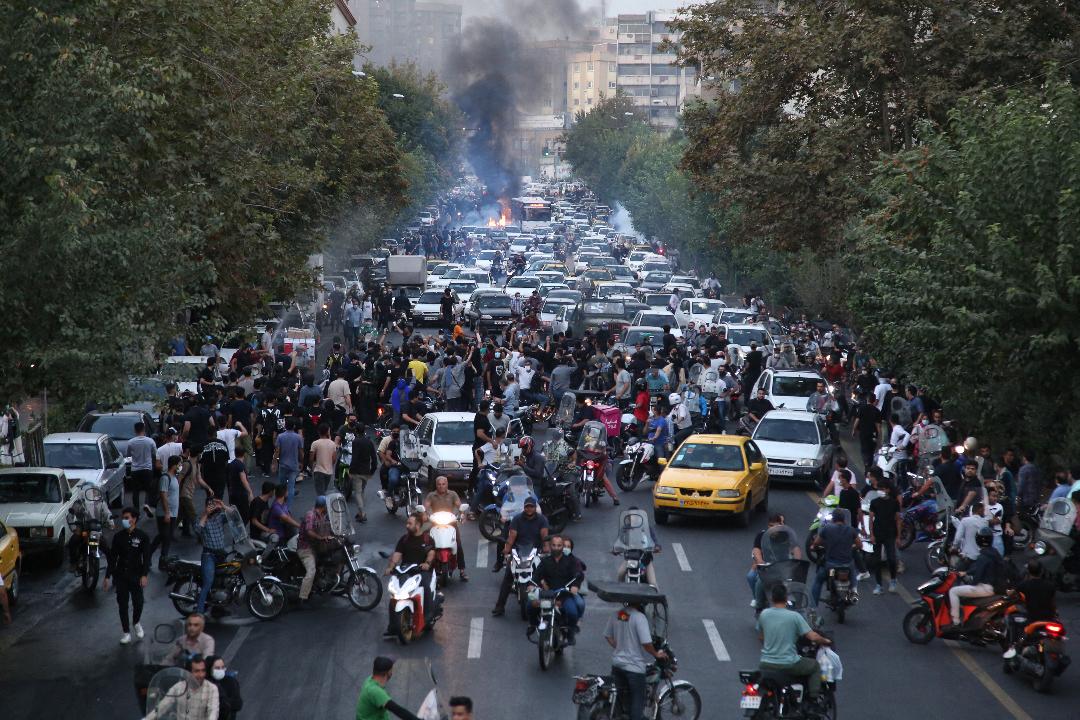Iran saw several days of violent protests last week, triggered by the death of Mahsa Amini, a 22-year-old woman who died in police custody after being detained for “inappropriate attire.” Dozens have reportedly been killed, including security personnel, in what Iranian state media has described as “foreign-backed riots.”
While American officials voice support for the protesters, Iranian President Ebrahim Raisi has vowed to deal “decisively” with the demonstrations, which, as of Sept. 25, have persisted in several Iranian cities.





